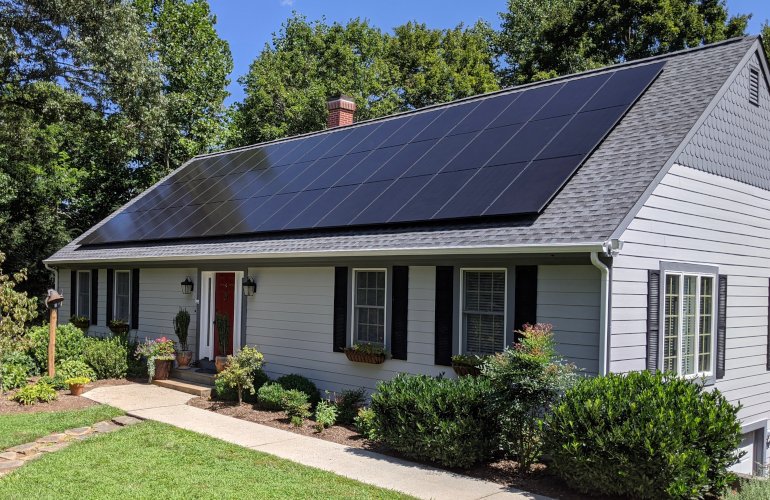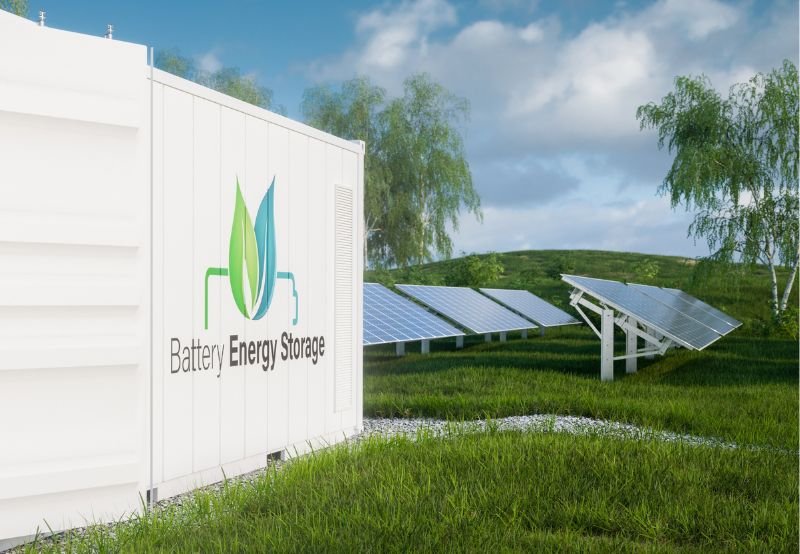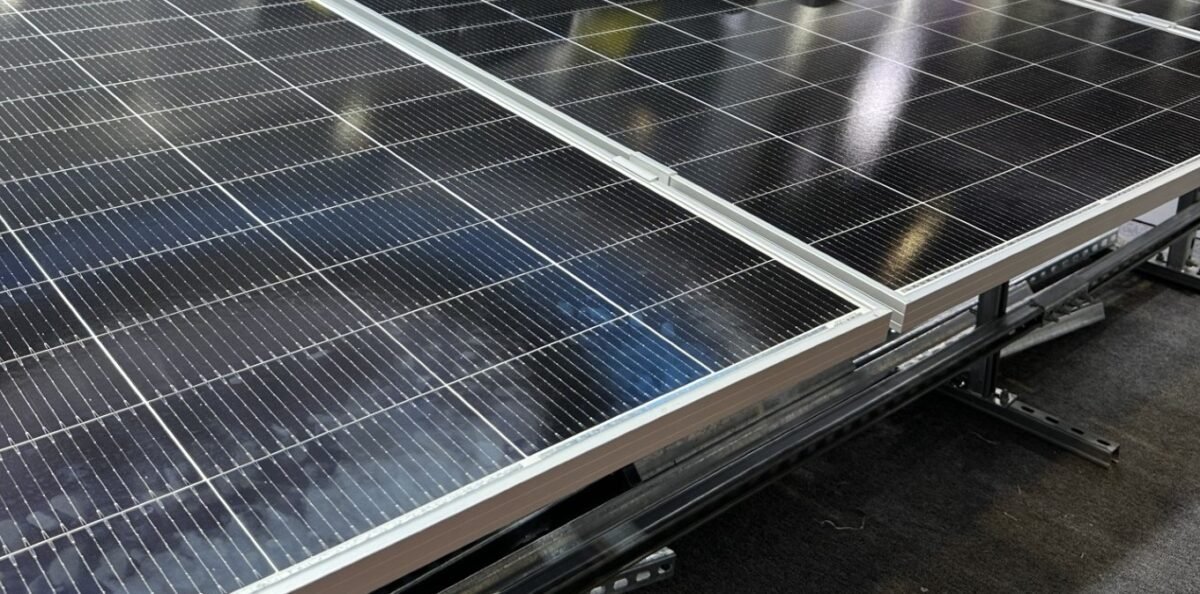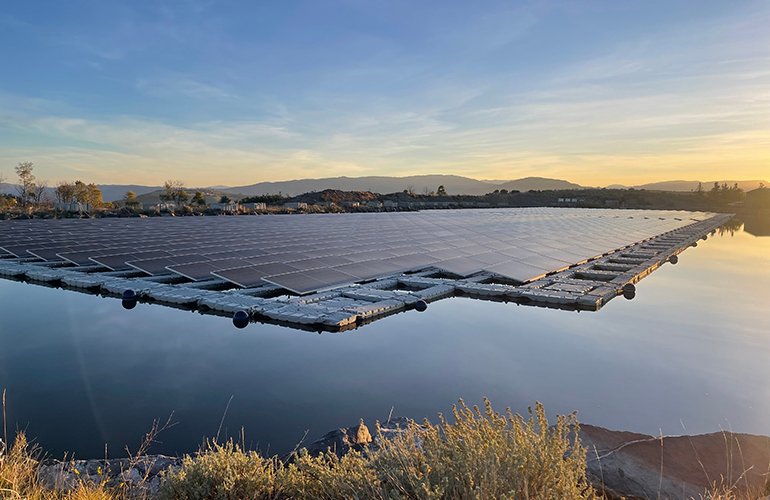Cutting Solar Costs with Faster Permitting After the ITC
With the solar investment tax credit (ITC) phasing out, reducing soft costs through streamlined permitting has become critical for industry growth. Innovative solutions like Sungrow advanced home battery integrations and smarter permitting platforms help maintain affordability while ensuring safety.
The Growing Impact of Permitting Delays
Local permitting bottlenecks add $0.20-$0.50 per watt to solar costs – a significant hidden expense. Modern solutions must address these delays as highlighted by Recurrent Energy’s large-scale project financing models that prioritize efficiency.
ITC Phase-Out Accelerates Need for Efficiency
With federal incentives decreasing, automated permit review tools like SolarAPP+ demonstrate what’s possible – showing 75% faster approvals in early-adopter cities.
How Smart Permitting Systems Work
Next-gen permitting integrates automated design checks and inspector training, similar to the quality control seen in award-winning Canadian Solar EP Cube systems. Digital platforms now flag potential issues before submission.
The Storage Solution Advantage
Pairing fast-track permitting with storage-ready designs creates resilient systems that mitigate net metering policy changes – a strategy being implemented in projects like the UK’s back contact solar farm.
Addressing Seasonal Installation Challenges
Cold climate installations require specialized permitting for snow loads and trenching. Bundled solar+storage templates, similar to those used in Wisconsin’s 250MW solar farm, can reduce winter project timelines by 30 days.
Safety Remains Paramount
While speed matters, safety standards like UL 3741 are non-negotiable. Modern permitting systems integrate these requirements digitally, ensuring the same reliability expected from European-sourced residential battery systems.
The Bottom Line
Post-ITC solar economics demand efficiency. When permitting represents 10% of soft costs, automated solutions can preserve margins while maintaining quality – crucial for projects like Waaree Solar’s EPC growth in competitive markets.






